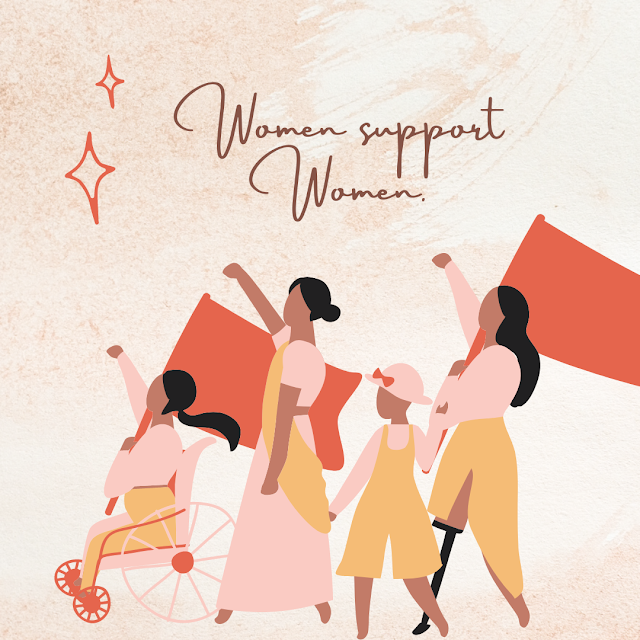Femininity and Activism: Empowering Women to Change the World
In the realm of activism, there exists a powerful force often underestimated and overlooked: femininity. Contrary to the stereotypes that portray femininity as weak or passive, it is a force of resilience, compassion, and determination. Women around the world have harnessed their feminine qualities to drive positive change, challenging societal norms and advocating for justice. In this blog post, I delve into the intersection of femininity and activism, celebrating the women who have utilized their unique strengths to shape social and political movements and emphasizing the importance of amplifying women's voices in the fight for a more equitable world.
Femininity encompasses a spectrum of qualities traditionally associated with women, including empathy, nurturing, collaboration, and intuition. These attributes are not weaknesses but rather sources of strength that complement and enrich the fabric of activism. While masculinity often dominates discussions of power and leadership, it is crucial to recognize and value the contributions of feminine energy in driving meaningful societal transformation.
Throughout history, countless women have exemplified the marriage of femininity and activism, leaving an indelible mark on the world. One such iconic figure is Rosa Parks, whose quiet strength and dignity sparked the Montgomery Bus Boycott, a pivotal moment in the civil rights movement. Parks' refusal to surrender her seat on a segregated bus was not an act of aggression but a bold assertion of her humanity, igniting a wave of resistance against racial injustice.
Similarly, Malala Yousafzai, the youngest Nobel Peace Prize laureate, exemplifies the power of femininity in advocacy. Despite facing threats and violence for her activism promoting girls' education in Pakistan, Malala persisted with grace and determination, inspiring millions around the globe to join her in the fight for educational equity.
In addition to individual trailblazers, collective movements led by women have reshaped the course of history. The Women's Suffrage Movement, for instance, saw countless women harnessing their collective feminine energy to demand the right to vote. Through strategic organizing, peaceful protests, and unwavering perseverance, these women challenged entrenched patriarchal systems and paved the way for greater gender equality in politics.
The importance of women's voices in social and political movements cannot be overstated. Women offer unique perspectives shaped by their lived experiences, which often differ from those of their male counterparts. By centering women's voices and experiences, activism becomes more inclusive, intersectional, and effective in addressing the diverse needs of communities worldwide.
Moreover, embracing femininity in activism fosters a more holistic approach to social change, prioritizing empathy, collaboration, and compassion. In a world plagued by division and conflict, these qualities are invaluable in building bridges, fostering dialogue, and nurturing sustainable solutions to complex problems.
However, it is essential to acknowledge that femininity is not limited to women, nor is activism the exclusive domain of any gender. Men and individuals of all genders can embody and champion feminine qualities in their activism, contributing to a more inclusive and equitable movement for change.
As we navigate the challenges of the 21st century, harnessing the power of femininity in activism is more critical than ever. By embracing empathy, collaboration, and resilience, women and their allies can challenge systemic injustices, dismantle oppressive structures, and create a world where all individuals can thrive.
In conclusion, femininity and activism are not mutually exclusive but complementary forces that have the power to drive positive change on a global scale. By celebrating and amplifying women's voices, embracing feminine qualities, and fostering inclusive movements, we can work towards a more just, equitable, and compassionate world for future generations. Let us harness the power of femininity in activism and empower women to change the world.
Thankful for your presence, Neja










Comments
Post a Comment